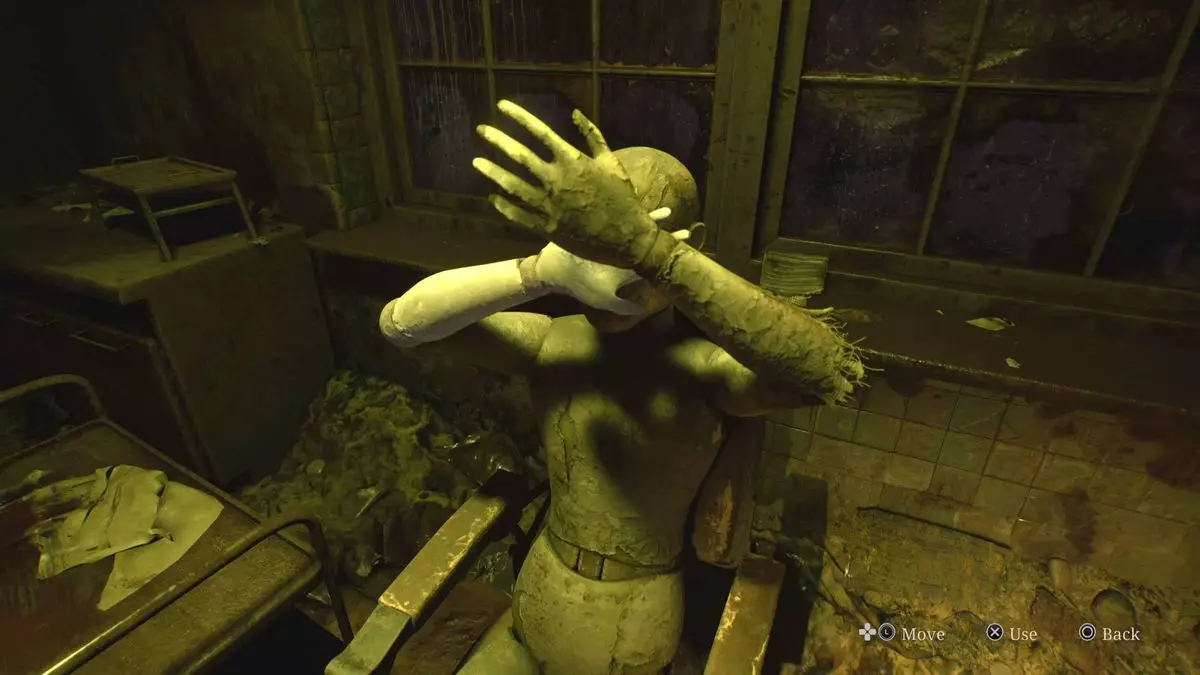The gaming community is often a mixed bag of passionate supporters and deeply critical voices. A recent incident involving Masahiro Ito, a veteran designer associated with the storied Silent Hill series, has highlighted just how volatile reactions to beloved franchises can be. As the anticipated Silent Hill 2 remake nears its release on October 8, the initial wave of feedback, despite largely favorable reviews—including a commendable Metacritic score of 87—has ignited a contentious debate surrounding character representation and fan entitlement.
Fans’ Discontent and Ito’s Response
Ito, who played pivotal roles in creating the franchise’s aesthetic, recently took to Twitter to express his frustrations with fans who have voiced their grievances over character design changes in the remake. His sharply worded tweets condemned individuals who labeled him “disrespectful” for simply doing his job, emphasizing that their dissatisfaction often resembles childish behavior. A notable point of contention has been criticisms regarding the perceived ugliness of certain characters, reflecting a deeper cultural issue within fandoms where personal attacks on creators have become an unfortunate norm.
His tweet, later deleted, urged fans not to merely absorb negative remarks on social media, emphasizing the importance of personal experience in evaluating the game. Ito’s comments represent a larger commentary on how creators often bear the brunt of fan frustrations, which may arise more from nostalgia than from a fair assessment of the new material.
Nostalgia plays a significant role in the gaming industry, especially with remakes of beloved titles like Silent Hill 2. Fans have a unique bond with the original works, often holding them up as gold standards against which all future iterations will inevitably be judged. This sense of ownership over a franchise can lead to unrealistic expectations and, at times, toxic behavior directed at the creators.
The underlying challenge for any remake is striking a delicate balance between honoring the original and introducing fresh perspectives. While early reviews suggest the Silent Hill 2 remake is remarkably faithful, some elements may diverge from fan expectations, which can be particularly jarring for long-time followers. Ito’s frustrations highlight this conflict and point to a more significant issue where the toxicity within fan interactions degrades the overall atmosphere of gaming communities.
A Fragile Ecosystem: The Creator-Fan Relationship
Ito’s recent actions—blocking accounts that insulted him—is a sharp reminder of the fragility of the creator-fan relationship in today’s digital age. As fans increasingly wield their voices through social media platforms, it becomes essential for both creators and consumers to navigate their interactions with respect and empathy. Destructive criticism undermines the hard work and artistry involved in game development, leading to a culture where creators may feel alienated from their audiences.
Unfortunately, personal attacks and disrespectful behavior have become hallmark features of online fandoms, making it challenging for creative professionals to thrive. Ito’s responses serve as a template for how creators might assert boundaries while also encouraging fans to engage more constructively, ideally allowing for a healthier dialogue about creativity and interpretation.
In closing, the brewing controversy around the Silent Hill 2 remake encapsulates a broader cultural phenomenon where passion can morph into toxicity. It’s paramount for fans to remember that creators are also individuals who invest their time, energy, and creativity into projects they believe in. As the gaming industry continues to evolve, it becomes vital for both fans and creators to foster an environment where dialogues about artistic direction can occur without devolving into disrespect.
Ultimately, Ito’s candid remarks call for a reevaluation of how fans communicate their passions and grievances. As October 8 approaches and fans eagerly dive into the remake, the community would benefit from an approach rooted in understanding rather than derision. Respect for both the art and the artists is vital as we embrace the evolution of our favorite franchises. It is through constructive conversations that the future of gaming can thrive, honoring the past while looking forward to what lies ahead.

